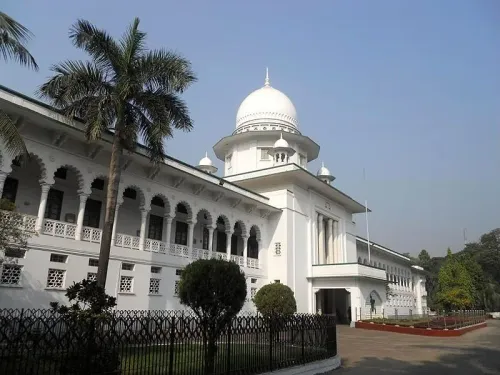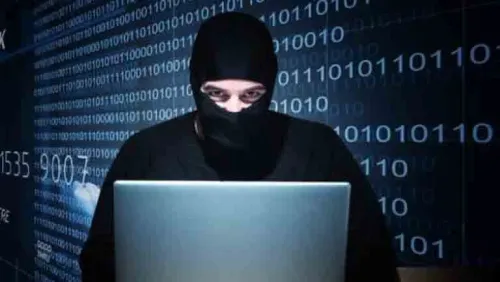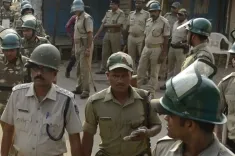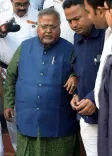South Korea: Concerns Arise Over Military Leadership and Readiness Following Yoon's Impeachment
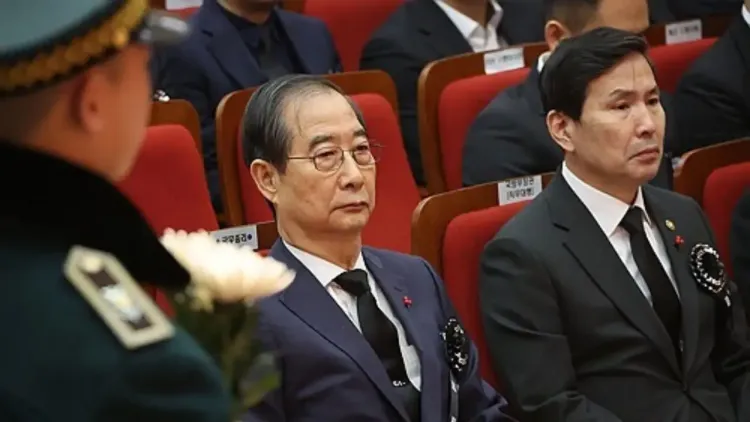
Seoul, Dec 14 (NationPress) The impeachment of President Yoon Suk Yeol in Parliament on Saturday has ignited worries about the military's readiness to address threats from North Korea, as the nation now faces an unparalleled leadership gap.
Earlier that day, an impeachment motion against Yoon, prompted by his unsuccessful declaration of martial law on December 3, was approved by the National Assembly, resulting in the suspension of his presidential powers, including his authority over the military as commander-in-chief.
The responsibilities of Yoon will now be assumed by the acting president -- Prime Minister Han Duck-soo -- marking the first occurrence of such a transfer since 2016 when former President Park Geun-hye was impeached.
With the military now under the direction of an acting president and an acting defence minister, concerns have been raised that North Korea might view this situation as a leadership void, potentially leading to provocative actions that could escalate tensions, as reported by Yonhap news agency.
Vice Defence Minister Kim Seon-ho is currently serving as the acting defence chief after the resignation and arrest of former Defence Minister Kim Yong-hyun, who was implicated in the brief enforcement of martial law.
This situation is further complicated by a transition in the leadership of US military forces in South Korea, with Gen. Paul LaCamera, the commander of US Forces Korea, set to be succeeded by Gen. Xavier Brunson next week.
Several senior South Korean commanders have also been suspended due to their alleged involvement in the martial law incident, raising additional concerns about the country's defence readiness.
As of Thursday, six generals had been suspended, including the leaders of the Army, the Capital Defence Command, and the Special Warfare Command.
Despite the apparent leadership gaps in key units, the military has asserted that there are no issues with its overall readiness posture.
On Friday, the Joint Chiefs of Staff indicated that most of the suspended commanders were in charge of units primarily focused on counterterrorism and did not directly oversee frontline forces that would engage with North Korean troops in an emergency.
To ensure preparedness, acting minister Kim conducted video discussions with LaCamera on Thursday, demonstrating solidarity between the allies.
During their conversation, LaCamera assured Kim that his troops are ready to respond to external threats and committed to working together to 'mitigate any risks' to the planned combined training activities of the two nations.
Following Yoon's impeachment, Kim is expected to engage in further discussions with LaCamera to reaffirm the strength of the alliance amidst domestic political instability.
He is also likely to convene a meeting of senior military leaders to evaluate troop readiness in the face of threats from North Korea.
After the impeachments of Park and President Roh Moo-hyun in 2004, the military promptly organized a meeting of top commanders and discussions with senior US military officials.
Since the martial law declaration, the South Korean military has not observed any unusual signs of military activity from North Korea.
Nonetheless, it is anticipated that more reconnaissance assets will be deployed to monitor the North, amid ongoing concerns that Pyongyang might seek to exploit the current political climate through military actions.

